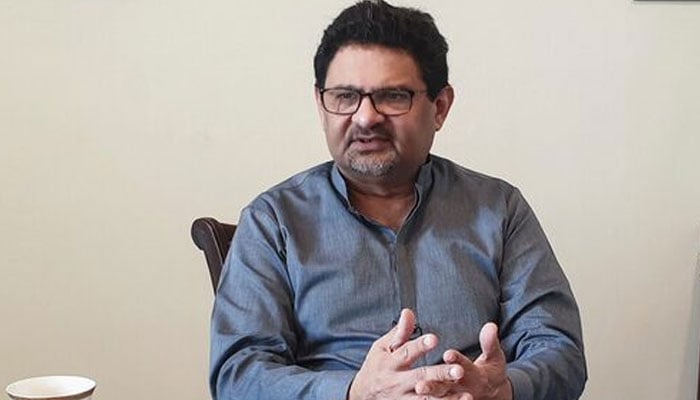Former Finance Minister Miftah Ismail has vehemently denied allegations that his family’s business, Ismail Industries, improperly secured contracts under the Benazir Nashonuma Programme (BNP). The claims surfaced during a Senate session where Minister Tariq Fazal Chaudhry questioned the programme’s procurement process and its budget expansion from Rs2 billion to Rs21.5 billion in 2022-23. Ismail dismissed the accusations as politically driven, daring Chaudhry to present evidence before anti-corruption agencies or face a defamation lawsuit.
Ismail clarified that his family’s company has supplied specialised nutrition products to the World Food Programme (WFP)—which oversees BNP procurement—for over two decades through international tenders. He emphasized that the contracts predated his political tenure and continued after his exit. “Every WFP purchase followed global bidding protocols,” he stated, accusing critics of ignoring facts for political gains.
Documents presented in the Senate revealed that WFP manages BNP procurement using its own audit systems, bypassing Pakistan’s Public Procurement Regulatory Authority (PPRA) rules. While Chaudhry cited official records to justify his concerns, he admitted no personal allegations were made. The debate now centres on whether such arrangements—where Pakistani funds flow to an international agency—require stricter local oversight.
With Rs97 billion already spent on BNP since 2020, the Senate Standing Committee will review potential conflicts of interest, procurement transparency, and the applicability of PPRA rules. The controversy highlights broader questions about accountability in public-private partnerships involving international bodies. Meanwhile, Ismail remains defiant, insisting the allegations lack merit and vowing legal recourse to clear his name.














